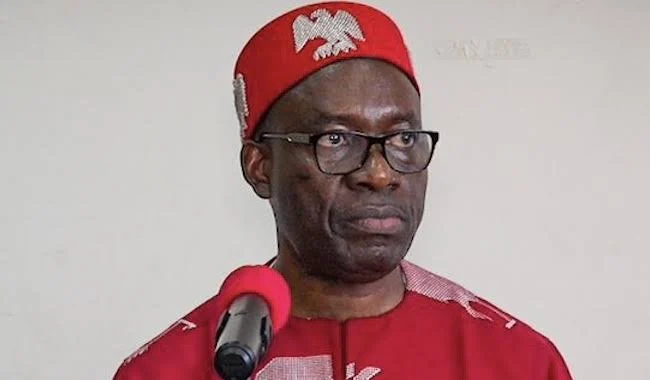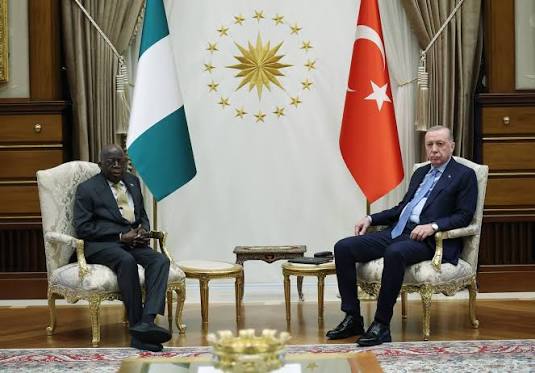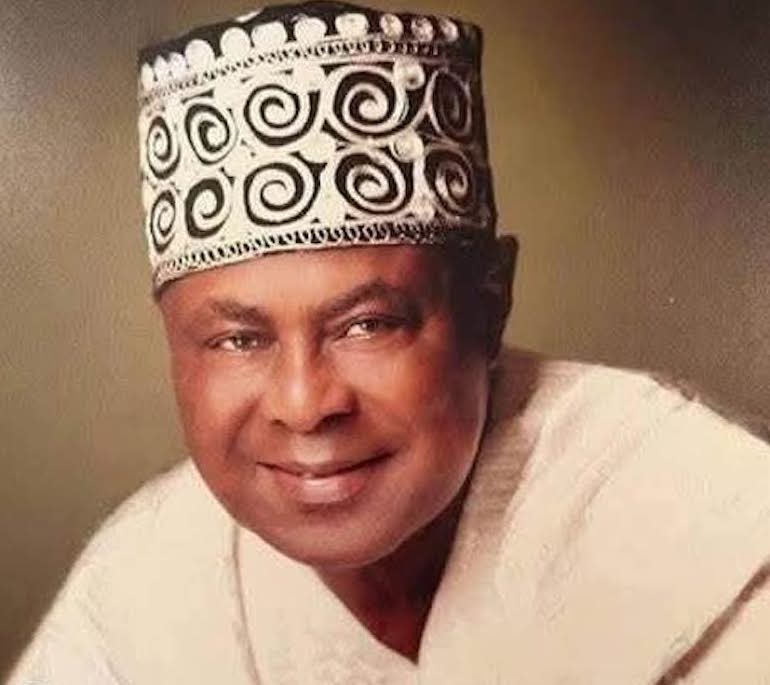In the first quarter of 2023, the federal government’s debt service to revenue ratio increased to 183% according to data from the Budget Office.
According to an examination of the budget office’s first-quarter 2023 implementation report, the total budgeted revenue was N2.16 trillion, compared to N1.21 trillion in actual income.
Additionally, in the equivalent quarter of 2022, the government really made N1.48 trillion in income.
While N1.6 trillion was projected for debt service in the first quarter of 2023, it actually cost N2.2 trillion instead. This equals an 183% debt service to revenue ratio.
Since the governing APC administration gained office, Nigeria has struggled with a severe budget deficit as a result of its failure to reach income projections and an increase in debt payments.
The entire debt service in 2022 was alarmingly high at N5.65 trillion, or 97.4% of the projected revenue.
The federal government got N5.8 trillion in total revenue during the same year, down from N6.7 trillion during the same period in 2021.
The government also reported a N7.5 trillion (or 129% of actual revenue collected) fiscal deficit.
In 2023, it appears that the pattern will hold, with the government missing its revenue projections while exceeding its spending. Its overall spending (excluding GOEs) exceeded the N3.3 trillion budget by N3.4 trillion.
However, recurrent non-debt spending was just N1.2 trillion compared to the N1.63 trillion budgeted revenue. The government’s expanding debt service obligations continue to be a major contributing element to the widening fiscal deficits.
The central bank’s overdraft program, known as Ways and Means, showed a debt service of N912 billion compared to a N300 billion budget, nevertheless.
In contrast to the N841 billion plan, N175 billion was spent on capital.
Additionally, the government only managed to raise N2 trillion from domestic debts compared to the N2.695 trillion budgeted. As a result, it had a net deficit at the end of the first quarter of the year (excluding the GEO’s budget and project-related debts) of N2.3 trillion.
Meanwhile, the federal government revealed on Monday that it is proposing a N26 trillion budget for the fiscal year 2024.
This compares to the N21.8 trillion budget currently being implemented and authorized by President Muhammadu Buhari’s administration.










